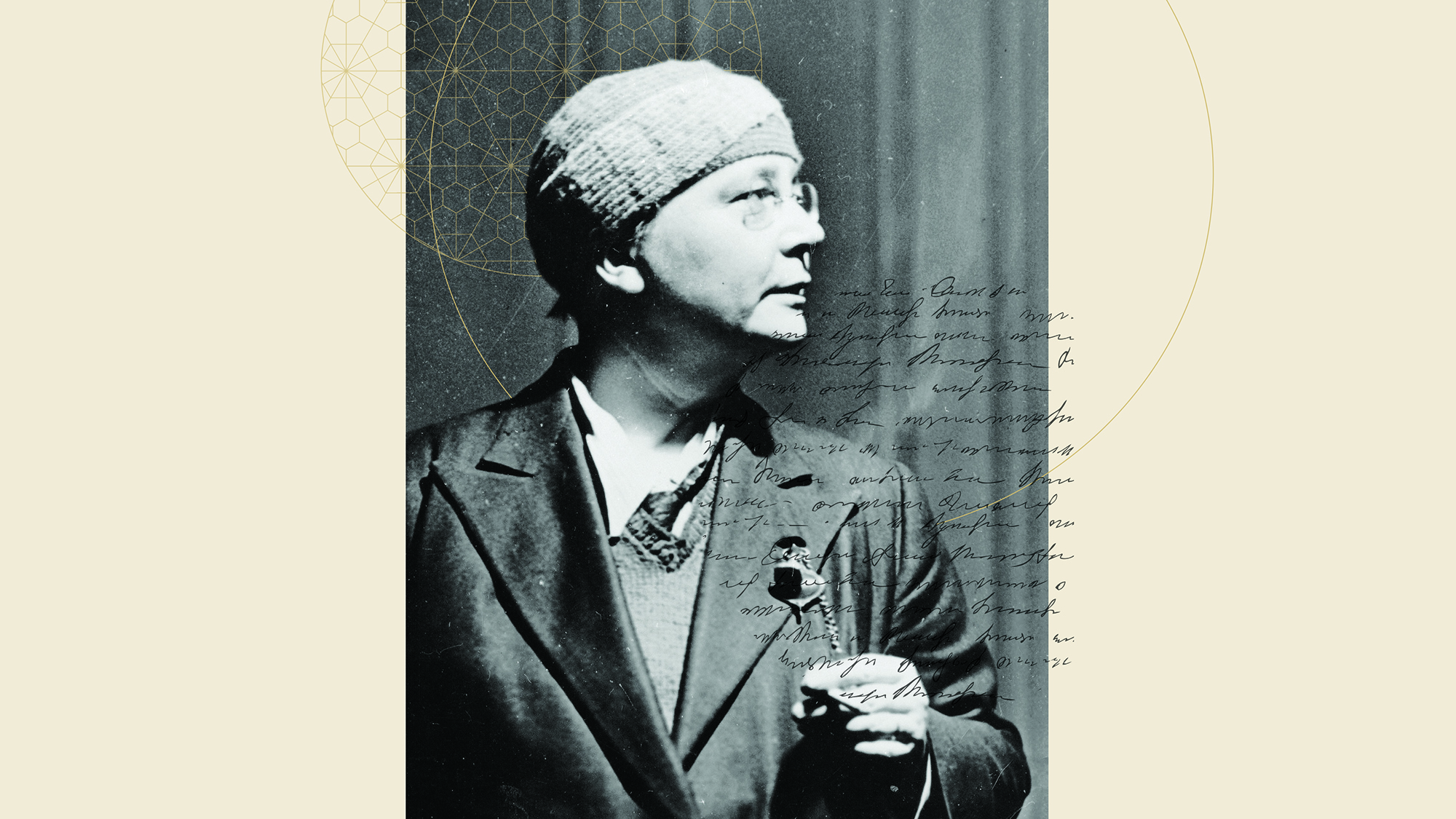

A prophet and teacher who never nagged them, never flattered or coaxed or patronised who never made jokes about them, never treated them either as “The women, God help us!” or “The Ladies, God bless them!” who rebuked without querulousness and praised without condescension who took their questions and arguments seriously who never mapped out their sphere for them, never urged them to be feminine or jeered at them for being female who had no axe to grind and no uneasy male dignity to defend who took them as he found them and was completely unselfconscious.

They had never known a man like this man - there never has been such another.

‘Perhaps it is no wonder that women were first at the cradle and last at the cross.

This man who had control of his biases has been world-famous for oh, about 2000 years it doesn’t matter what your faith is or if you don’t follow one: If you’re wondering how to live up to IWD’s #BreakTheBias theme, here’s an extract of Sayers’ essay ‘ The Human-Not-Quite-Human’. ‘What is repugnant to every human being is to be reckoned always as a member of a class and not as an individual person,’ Sayers says. Then, and only then, categorise that person as a ‘woman’ if a practical purpose for doing so exists, such as, in the 2020s, realising the size of a smartphone that’s got to fit in a female hand, the ratio of stairs to ramps and elevators at new train stations, the safety standards of a car’s cabin features, and things like that. Sayers is clearly a feminist, and although preferring to classify herself as nothing more than a person with an eye for the obvious, she is able to define feminism in one sentence:įeminism means simply recognising an individual woman’s particular personality traits, talents, skills and weaknesses first, second, third and fourth – the same respect you’d accord to an individual man. Those notions are the biases International Women’s Day 2022 intends to address. Sayers (1893-1957) in a collection of essays titled ‘ Are Women Human? Astute and witty essays on the role of women in society’.Īt only 69 pages long, the two essays making up this book are a sizzling rebuke to the ridiculous notions of what ‘womanhood’ should be – notions that, it is dismaying to say, still exist everywhere across the world today among non-critical thinkers of both sexes and all cultures. Well, such men, what women want is the same thing that men want: the right to choose their own path and to be justly recognised for it. ‘“What, men have asked distractedly from the beginning of time, “what on earth do women want?”’


 0 kommentar(er)
0 kommentar(er)
